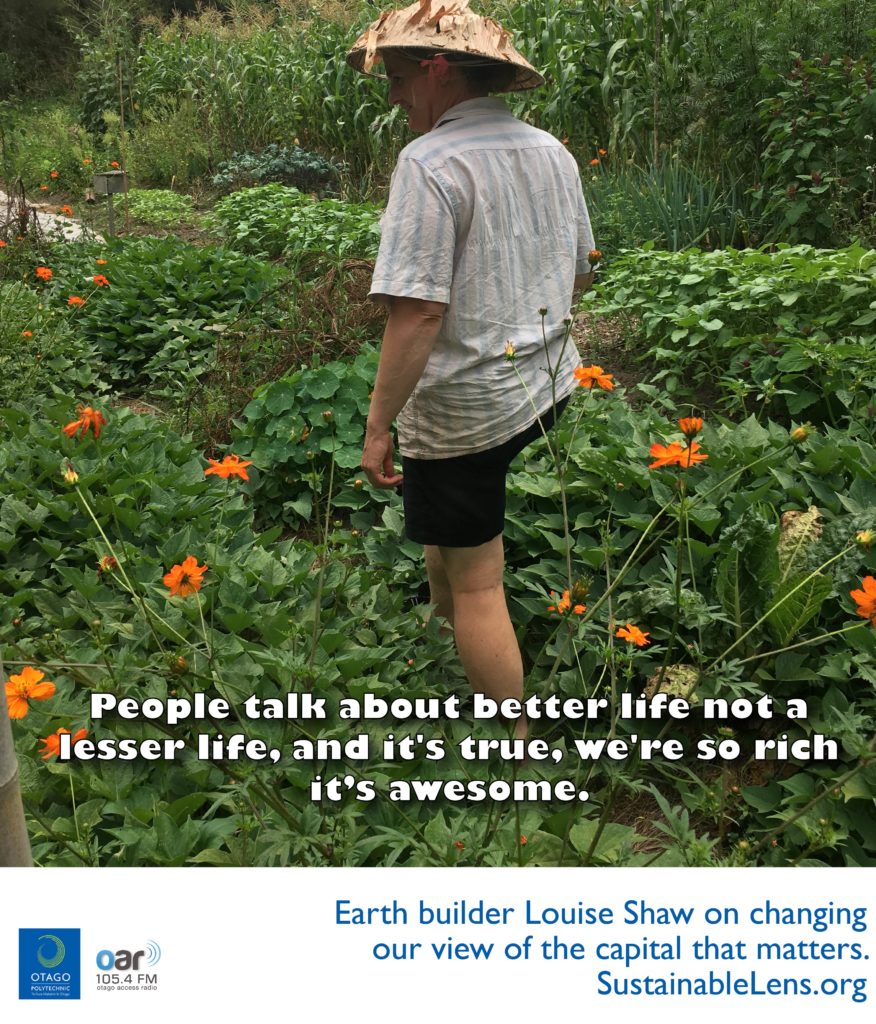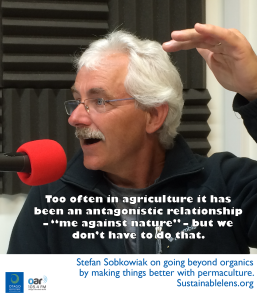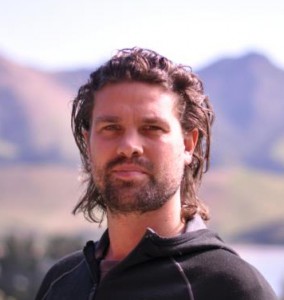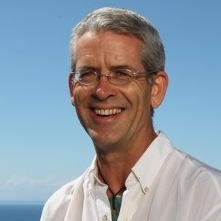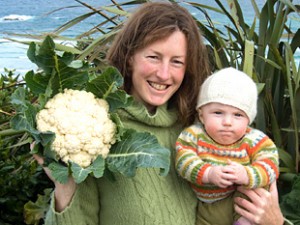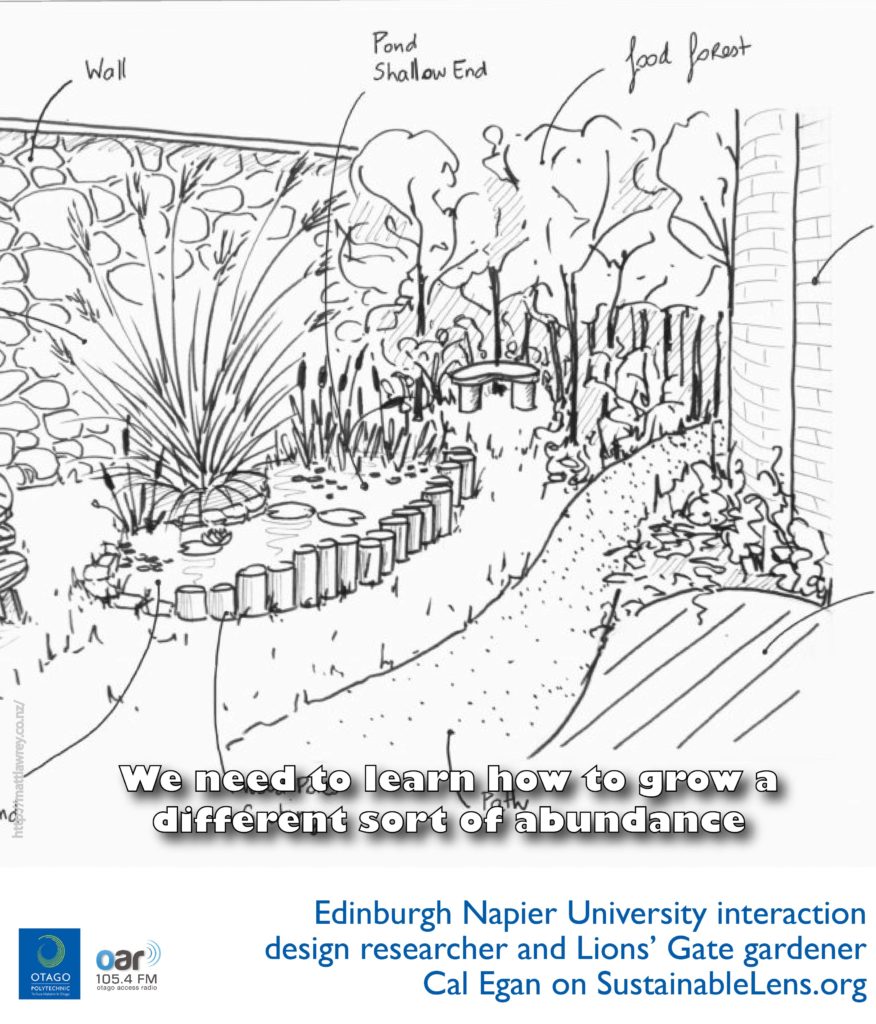
Cal Egan is a researcher at Edinburgh Napier University investigating intersections of permaculture and digital design and technology. He is developing Lions’ Gate as a regenerative ‘blended space’ as a space for exploring urban permaculture and as a place to explore the role of technology in a thriving future.
I wanted to know why things were
We’re trying to be a bit provocative, but in a way that is beautiful and works
It’s about the relationships, the things you can’t see, the living engine, we have to enrich that.
We need to learn how to grow a different sort of abundance
Come hither, we’re reconceptualising our spaces – a permaculture garden in an urban setting, re-establishing a wildlife corridor, a food forest that is a place for sustainability.
Provoking to action
We’re at the interface of permaculture and computing. Both how computing can help permaculture, but perhaps more how permaculture helps computing, design, business. Dourish’s knowledge of space.
A place to slow down. Hurry up and slow down. How do we overcome information anxiety?
Living more thoughtful. Social relations. Stripping our crazy world back to reality.
Computing can learn about a different sort of design process. One focused on growing the substrate, on energies – personal and biophysical, and boundaries and edges. A process that starts and ends with care of the planet.
Care of the planet – that’s what makes me happy.
I decided to be a very vocal person.
We’re working towards a self-sustaining system, circular food, water management, performance – we’re a Fringe venue. We’re making an interactive throne that tells stories, bringing people into spaces. With a “horrible mode” if air pollution is bad it may lock people out.
A place of calm yet we have to provoke, I want it to be dangerous.
Advice: Plant seeds – take over the neighbourhood. Follow your heart and intuition.
Recorded at ICT4S and ACM Limits at Lappeenranta, Finland.


